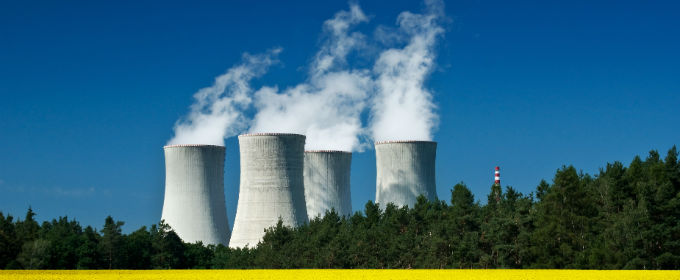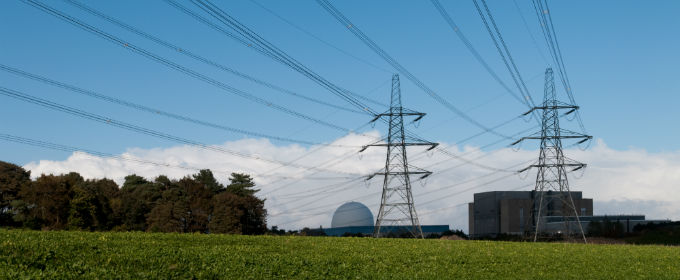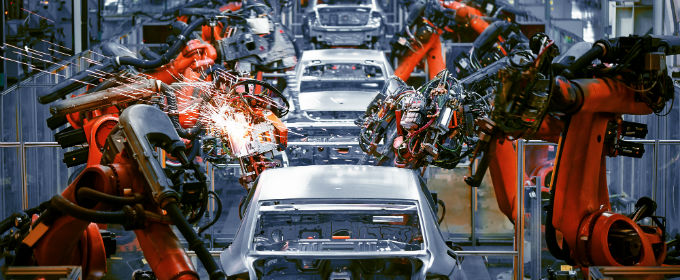The University of Manchester’s Professor Kevin Anderson responds to today’s report from the Inter-Governmental Panel on Climate Change. The IPCC report meticulously lays out how the serious climate impacts of 1.5°C of warming are still far less destructive than those for 2°C. Sadly, the IPCC then fails, again, to address the profound implications of reducing […]







